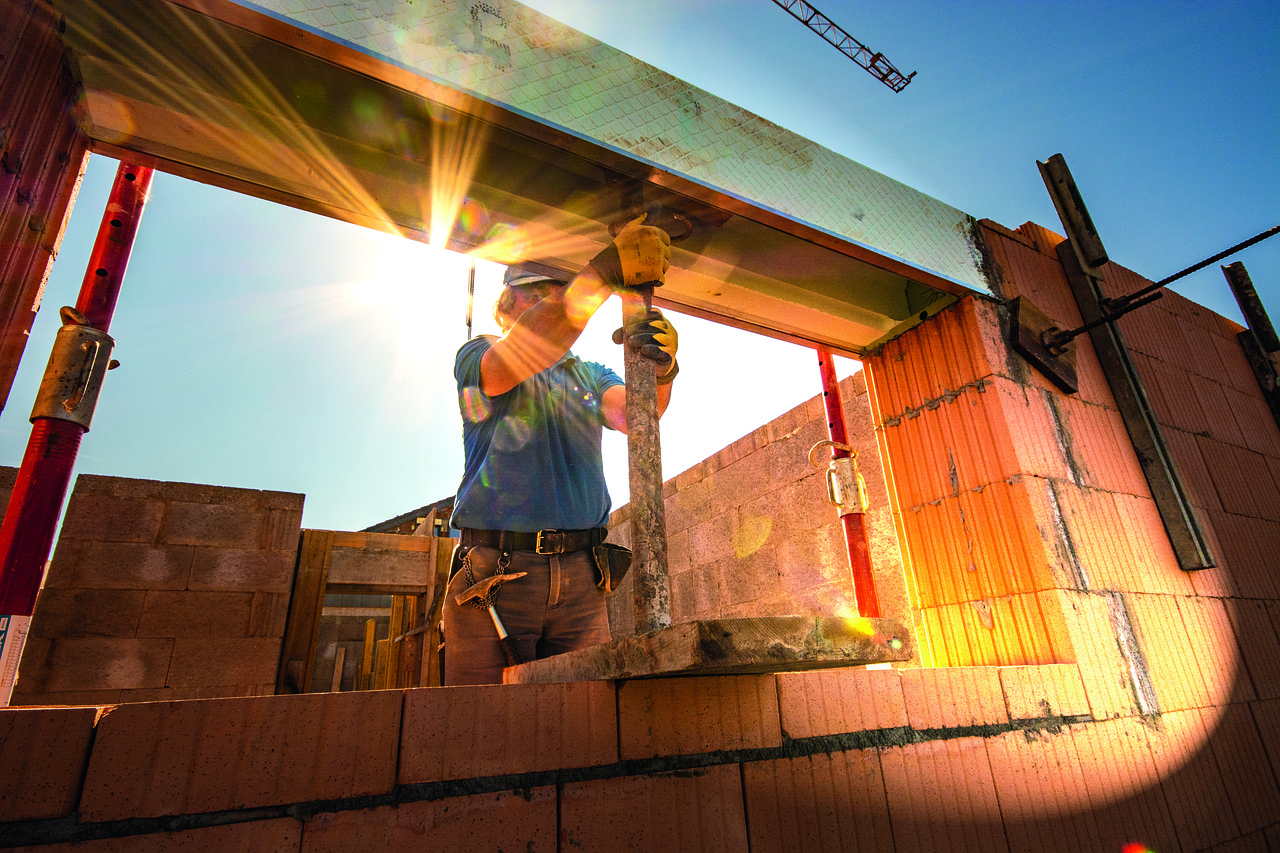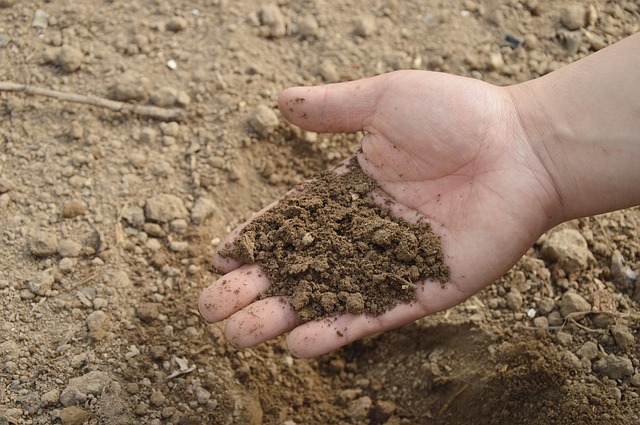Quality tests on cement are important to ensure that the cement meets the specified standards and will perform as expected in the construction project. These tests can be conducted at a laboratory or on-site, depending on the resources and needs of the project. In this blog post, we will discuss the various quality tests that are commonly conducted on cement at both the laboratory and on-site.
Laboratory Tests on Cement:
- Fineness Test
- Consistency Test
- Setting time Test
- Soundness Test
- Compressive Strength Test
- Heat of Hydration Test
- Specific Gravity Test
1. Fineness test of Cement
The fineness test determines the particle size distribution of the cement, which affects the rate of hydration and the strength of the cement. The fineness is measured by passing the cement through a series of sieves and determining the percentage of the material that is retained on each sieve.
These three methods are generally adopted and performed to measure the fineness of cement:
- Sieve method
- Air Permeability method
- Sedimentation method
2. Consistency Test of Cement
The standard consistency of a cement paste is defined as that consistency that will permit the Vicat plunger to penetrate the cement paste to a point of 5 to 7mm from the bottom of the Vicat mould. This test is performed to determine the quantity of water needed to produce a cement paste of standard consistency as per IS: 4031 (Part 4) – 1988.
3. Setting time Test of Cement
The setting time test measures the time it takes for the cement to set and harden after it has been mixed with water. This is important as it determines the time frame in which the cement can be placed and worked with.
The setting time of cement is divided into two categories:
- Initial Setting Time
- Final setting Time
Initial Setting Time of Cement:
The initial Setting time of Cement is the time period after which cement paste starts hardening. For Ordinary Portland Cement (OPC) initial setting time is 30 minutes.
Final Setting Time of Cement:
The final Setting time of cement is the time at which the cement paste completely loses its plasticity and becomes hard. The final setting time for Ordinary Portland Cement is 10 hours (600 minutes).
The tests performed to measure the setting time of cement are:
- Vicat penetration test, and
- Gillmore needle method
4. Soundness Test of Cement
The soundness of Cement refers to the ability of cement paste to retain its volume, i.e. doesn’t undergo large volume change after being hardened. If cement paste undergoes volume change after setting will result in the development of cracks in the mortar or concrete. Therefore, it is essential to test the soundness of cement.
The tests performed to determine the soundness of cement are:
- Le-Chatelier method, and
- Autoclave method.
5. Strength Test of Cement
Compressive Strength and Tensile Strength Tests are the most common strength tests for cement.
The following tests are carried out to determine the strength of cement:
- Cement mortar cube test ( For Compressive strength)
- Briquette test ( For Tensile Strength)
- Split tensile test (For Tensile Strength)
6. Heat of Hydration Test of Cement
The heat of hydration test of cement methodology covers the determination of the heat of hydration of cement by measuring the heat of solution of the dry cement and the heat of solution of a separate portion of the cement that has been partly hydrated for seven and for twenty-eight days, the variation between these values being the heat of hydration for the respective hydrating period.
The tests performed to measure the heat of hydration of cement are:
- Calorimeter method.
7. Specific Gravity Test of Cement
If any material has Specific Gravity greater than 1 (one), then it sinks in water because the Specific Gravity of water is 1. We already know that the Specific Gravity of cement ranges from 3.1 to 3.16 grams/cc. That means cement is 3.16 times heavier than water of the same volume. The IS code for the Specific gravity test is IS 2720- Part 3.
The tests performed to measure the Specific Gravity of cement are:
- Le Chatelier’s Flask method
On-Site Tests on Cement:
-
Slump test:
The slump test measures the consistency of the cement after it has been mixed with water. It is conducted by filling a slump cone with the cement mixture and measuring the height of the cement as it settles. The slump value is used to determine the workability of the cement and its suitability for different types of construction.
-
Water-cement ratio test:
Water-cement ratio test determines the proportion of water to cement in the mixture, which affects the strength and durability of the cement. The test is conducted by measuring the weight of the water and the cement used in the mixture.
-
Temperature test:
Temperature test measures the temperature of the cement as it is being mixed and placed. High temperatures can indicate a chemical reaction occurring within the cement, which can affect its strength and durability.
In conclusion, quality tests on cement are essential to ensure that the cement meets the required standards and will perform as expected in the construction project. These tests can be conducted at a laboratory or on-site, depending on the needs of the project. It is important to regularly conduct these tests to ensure the quality and performance of the cement.
You May Also Like to Read:
Last words:
I hope you got complete information about the Quality Tests of Cement at the Laboratory and at the Site in this article.
If you found this article helpful, share it with your friends.
Leave a comment if I missed anything.
Happy Learning!!



